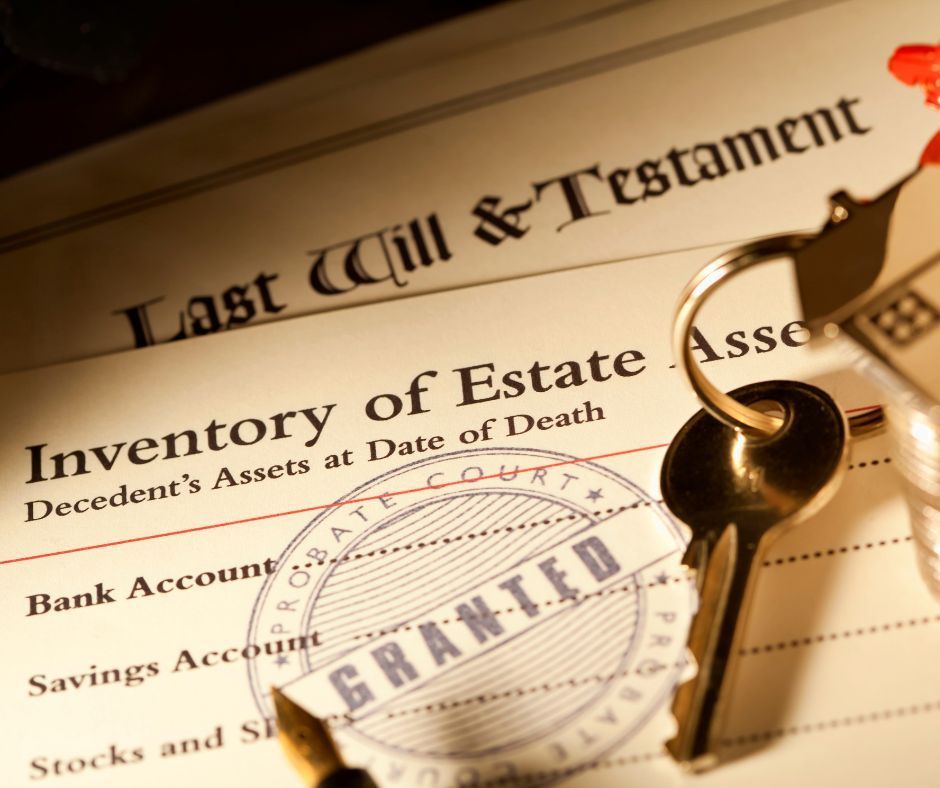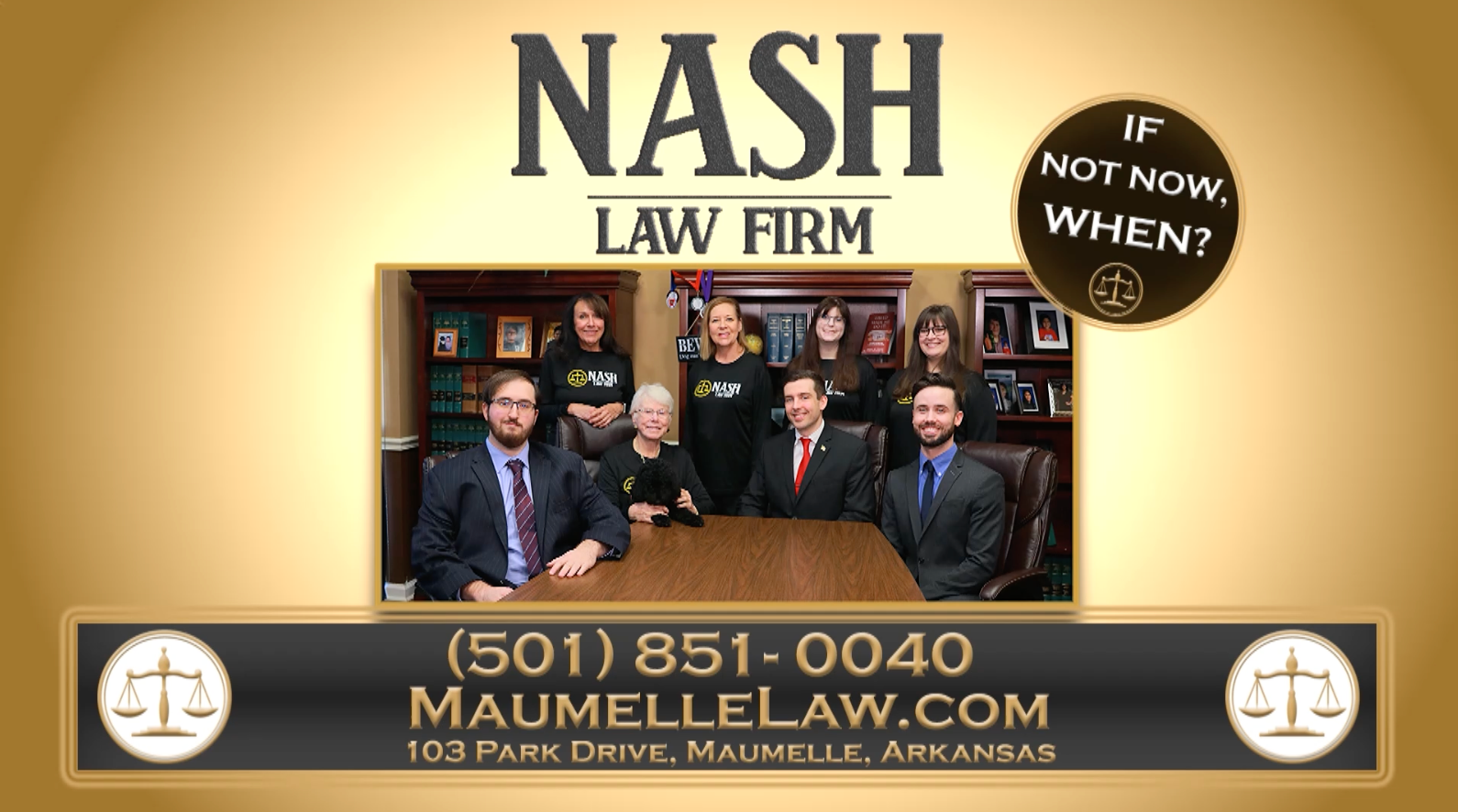The Legal Steps to Selling Property After a Loved One's Death

Selling a property after the death of a loved one is a task that involves several legal steps to ensure that the process is conducted smoothly and in accordance with the law. This often sensitive undertaking can be overwhelming, especially during a time of grief. Understanding the legal steps involved can help ease the burden and ensure that the property sale honors the wishes of the deceased.
Probate and Legal Authority
The first step in selling a property after a loved one's death is to determine whether the estate must go through probate. Probate is the legal process through which a deceased person's will is validated, and the executor is granted the authority to manage the estate's assets. If the property is part of the deceased’s estate and needs to go through probate, the executor or administrator must be formally appointed by a court.
Clearing the Title
Before a sale can proceed, the property’s title must be cleared. This means ensuring there are no liens, disputes, or other encumbrances on the property. An attorney can help perform a title search and resolve any issues that may arise, such as outstanding mortgages or tax liens.
Market Appraisal
Getting a professional appraisal of the property is important to establish its fair market value. This not only helps in setting a realistic selling price but also ensures that all beneficiaries receive their fair share of the estate, as determined by the will or state law.
Sale Process
Once the legal authority is established, the title is cleared, and the property is appraised, it can be put on the market. The executor needs to work with real estate professionals to market the property effectively and negotiate terms with potential buyers.
Distribution of Proceeds
After the sale, the proceeds need to be distributed according to the will or the laws of intestacy if there is no will. This is typically handled by the executor, who must ensure that all debts and taxes of the estate are paid before distributing the remaining assets.
Selling a property after the death of a loved one is complex and can be emotionally taxing. Nash Law Firm is experienced in handling these sensitive matters with the utmost respect and professionalism. Contact us for a free consultation to learn how we can help you navigate this difficult process.
DISCLAIMER:The information provided on this website does not, and is not intended to, constitute legal advice; instead, all information, content, and materials available on this site are for general informational purposes only. Information on this website may not constitute the most up-to-date legal or other information. This website contains links to other third-party websites. Such links are only for the convenience of the reader, user or browser; the Nash Law Firm does not recommend or endorse the contents of the third-party sites.
Readers of this website should contact their attorney to obtain advice with respect to any particular legal matter. No reader, user, or browser of this site should act or refrain from acting on the basis of information on this site without first seeking legal advice from counsel in the relevant jurisdiction. Only your individual attorney can provide assurances that the information contained herein – and your interpretation of it – is applicable or appropriate to your particular situation. Use of, and access to, this website or any of the links or resources contained within the site do not create an attorney-client relationship between the reader, user, or browser and website authors, contributors, or Nash Law Firm.









![Nash Law Firm Logo [click to return home] Nash Law Firm](https://lirp.cdn-website.com/8c4d5b2c/dms3rep/multi/opt/nashlogo_colorgray_horz-1920w.png)


![Nash Law Firm Logo [click to return home] Nash Law Firm Logo](https://lirp.cdn-website.com/8c4d5b2c/dms3rep/multi/opt/nashlogo_whgold_horz-1920w.png)

